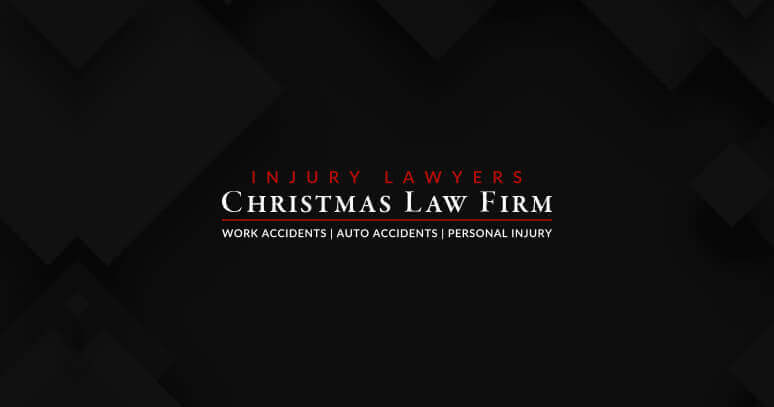For those of you injured on the job, the Charleston accident and injury attorneys Howell and Christmas wish to give you a basic checklist of things you can do to make sure your get the medical treatment, weekly disability checks and all of the other benefits you are entitled to under the South Carolina Workers’ Compensation Act (hereinafter “the Act”).
First, you should not to discuss your case with anyone other than your lawyer. One exception may be made to this tip if you want to speak to the insurance adjuster about issues relating to weekly disability benefits checks, reimbursement for mileage, and reimbursement for prescription medications. However, if the adjuster asks you about your injuries, how they were caused, and/or any other issues of substance regarding your claim, simply refer the adjuster to your lawyer.
Second, you should use the diary-journal to document the dates and times of your doctors’ appointments, the amount of your medical bills, what you have been told about your injuries, and how your injuries have affected your daily living. When the injured worker has been released from further treatment he or she can use the journal along with any bills, disability certificates, and other documents they have to prove their losses and other damages.
Third, it is very important that you follow the advice of your doctors and keep all appointments. If you miss an appointment, please be prompt in rescheduling that appointment. It is equally important that you inform your employer and lawyer of any and all doctors appointments you have. Also, you should inform the above of all developments in your medical treatment. This will help everyone in your case updated. Please note that should you choose to see a physician on your own, it will not likely be covered by workers’ compensation insurance nor by your private health insurance. Please also note that should you file with your personal insurance for treatment related to your work accident, workers’ compensation will likely not pay for same. Also, if you file with your personal insurance for your injuries related to your work accident, your personal insurance company will most likely deny payment for your treatment given that it arises from your work related accident and in the even they do pay for any of your treatment, they will likely assert a subrogation claim against you wherein your personal insurance company will seek repayment from you for any and all medical expenses that they have paid for on your behalf that is related to your work accident.
Fourth, you should immediately tell your lawyer the name(s), address(es), and telephone number(s) of any witness(es) to the incident of whom you are aware. This should include what you believe each witness saw and anything you have heard each witness say regarding the on the job accident. This is especially important if you heard the person at fault for your injury say anything to you or anyone else at the accident scene.
Fifth, if you are seriously injured and are out of work, you may make a claim for lost wages. This is also known as temporary total disability. In order for you to make such a claim, you must verify your lost wages with documentation (i.e. tax returns, pay stubs, W-2, 1099, signed statements from your employer, etc). The injured worker will also need documentation from their doctor noting that they are to remain out of work. Those injured at work are not entitled to benefits for being out of work unless (1) their doctor specifically tells them not to work; or (2) their doctor places them under “light duty” work restrictions and their employer cannot provide work within those restrictions. Those hurt at work are encouraged to continue working throughout their case, if they can. It may take months or years to resolve your case, and if you do not go to work, you can be without income during this period. In workers’ compensation cases, I have found that the amount of money obtained by the client when the case is settled does not make up for problems that arise from not working and going without income for a long period of time. Of course, if your doctor tells you to stay at home and that working will only complicate your recovery, you should follow his instruction. You must do what you and your doctor feel is best for you.
Sixth, in a typical case, you should not begin settlement negotiations until you have been released from further medical treatment by your doctor. In order to evaluate the money value of your case, it is best to fully investigate by obtaining all medical records, bills and other information concerning your claim for injuries and lost wages. Once this is done, you can then attempt to settle your case with the assigned insurance adjuster. It is solely your decision to determine whether or not to settle the case with any offer made. If no acceptable offer is made to you by the insurer adjuster within a reasonable amount of time, you should then file suit by drafting a Form 50 complaint and filing it with the South Carolina Workers’ Compensation Commission. Once the case is filed, there is usually a waiting period of several months before the case is scheduled for a hearing.
I hope this blog gives you some good information to use when pursuing your South Carolina workers’ compensation claim.


